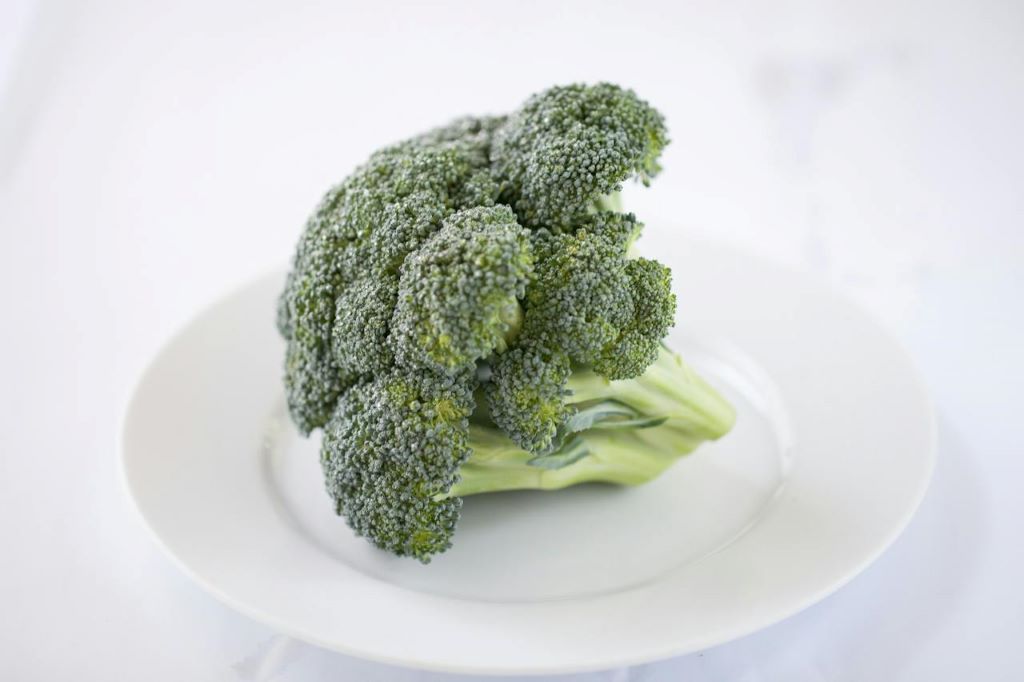How Calorie Restriction Slows Aging in the Brain

Restricting calories is known to improve health and increase lifespan, but much of how it does so remains a mystery, especially in regard to how it protects the brain. Now, scientists from the Buck Institute for Research on Aging have uncovered a role for a gene called OXR1 that is necessary for the lifespan extension seen with dietary restriction and is essential for healthy brain aging.
“When people restrict the amount of food that they eat, they typically think it might affect their digestive tract or fat buildup, but not necessarily about how it affects the brain,” said Kenneth Wilson, PhD, Buck postdoc and first author of the study, published in Nature Communications. “As it turns out, this is a gene that is important in the brain.”
The team additionally demonstrated a detailed cellular mechanism of how dietary restriction can delay aging and slow the progression of neurodegenerative diseases. The work, done in fruit flies and human cells, also identifies potential therapeutic targets to slow aging and age-related neurodegenerative diseases.
“We found a neuron-specific response that mediates the neuroprotection of dietary restriction,” said Buck Professor Pankaj Kapahi , PhD, co-senior author of the study. “Strategies such as intermittent fasting or caloric restriction, which limit nutrients, may enhance levels of this gene to mediate its protective effects.”
“The gene is an important brain resilience factor protecting against aging and neurological diseases,” said Buck Professor Lisa Ellerby, PhD, co-senior author of the study.
Understanding variability in response to dietary restriction
Members of the team have previously shown mechanisms that improve lifespan and healthspan with dietary restriction, but it was not clear why there is so much variability in response to reduced calories across individuals and different tissues. This project was started to understand why different people respond to diets in different ways.
The team began by scanning about 200 strains of flies with different genetic backgrounds. The flies were raised with two different diets, either with a normal diet or with dietary restriction, which was only 10% of normal nutrition. Researchers identified five genes which had specific variants that significantly affected longevity under dietary restriction. Of those, two had counterparts in human genetics.
The team chose one gene to explore thoroughly, called “mustard” (mtd) in fruit flies and “Oxidation Resistance 1” (OXR1) in humans and mice. The gene protects cells from oxidative damage, but the mechanism for how this gene functions was unclear. The loss of OXR1 in humans results in severe neurological defects and premature death. In mice, extra OXR1 improves survival in a model of amyotrophic lateral sclerosis (ALS).
The link between brain aging, neurodegeneration and lifespan
To figure out how a gene that is active in neurons affects overall lifespan, the team did a series of in-depth tests. They found that OXR1 affects a complex called the retromer, which is a set of proteins necessary for recycling cellular proteins and lipids. “The retromer is an important mechanism in neurons because it determines the fate of all proteins that are brought into the cell,” said Wilson. Retromer dysfunction has been associated with age-related neurodegenerative diseases that are protected by dietary restriction, specifically Alzheimer’s and Parkinson’s diseases.
Overall, their results told the story of how dietary restriction slows brain aging by the action of mtd/OXR1 in maintaining the retromer. “This work shows that the retromer pathway, which is involved in reusing cellular proteins, has a key role in protecting neurons when nutrients are limited,” said Kapahi. The team found that mtd/OXR1 preserves retromer function and is necessary for neuronal function, healthy brain aging, and lifespan extension seen with dietary restriction.
“Diet is influencing this gene. By eating less, you are actually enhancing this mechanism of proteins being sorted properly in your cells, because your cells are enhancing the expression of OXR1,” said Wilson.
The team also found that boosting mtd in flies caused them to live longer, leading researchers to speculate that in humans excess expression of OXR1 might help extend lifespan. “Our next step is to identify specific compounds that increase the levels of OXR1 during aging to delay brain aging,” said Ellerby.
“Hopefully from this we can get more of an idea of why our brains degenerate in the first place,” said Wilson.
“Diet impacts all the processes in your body,” he said. “I think this work supports efforts to follow a healthy diet, because what you eat is going to affect more than you know.”
Source: Buck Institute for Research on Aging


